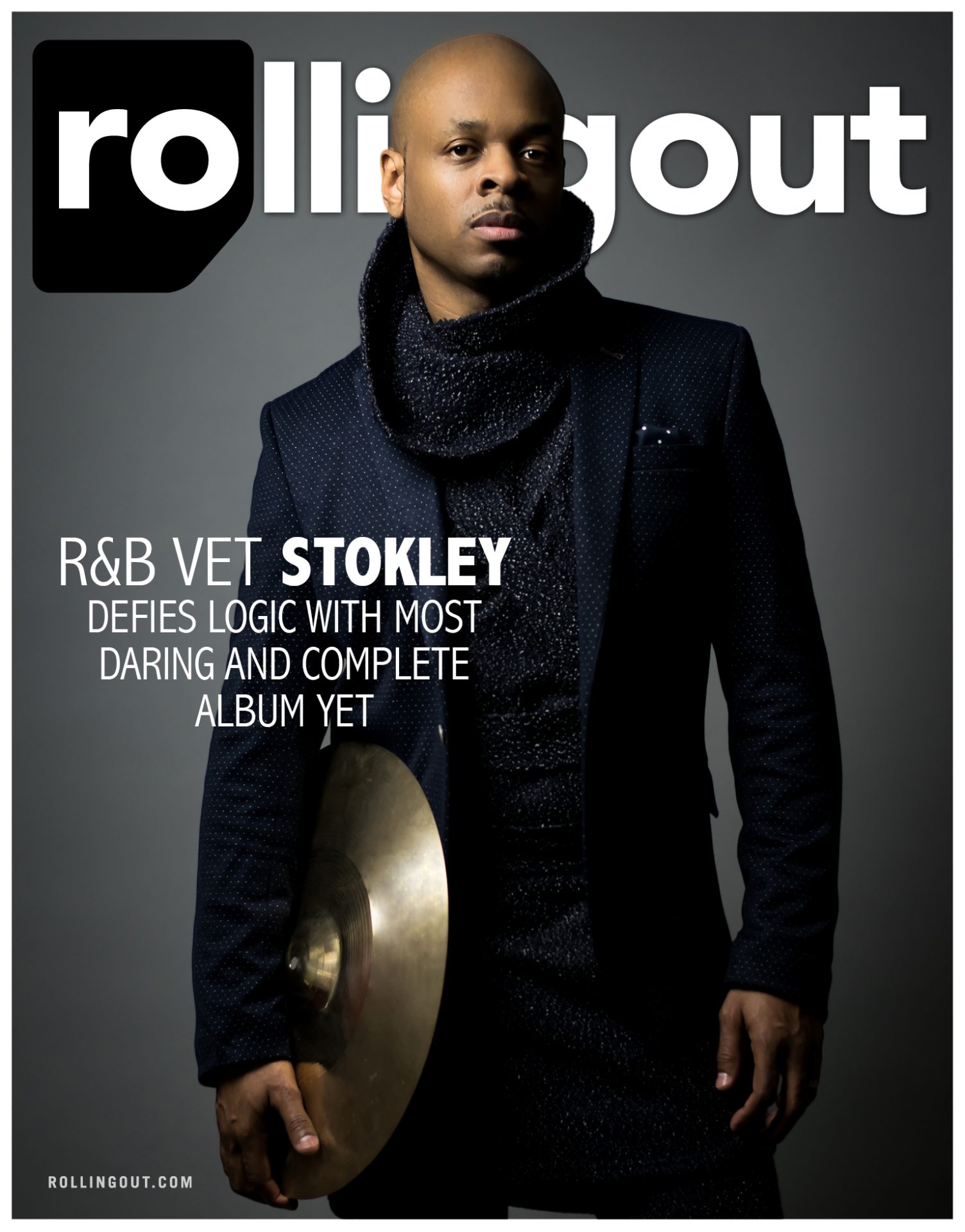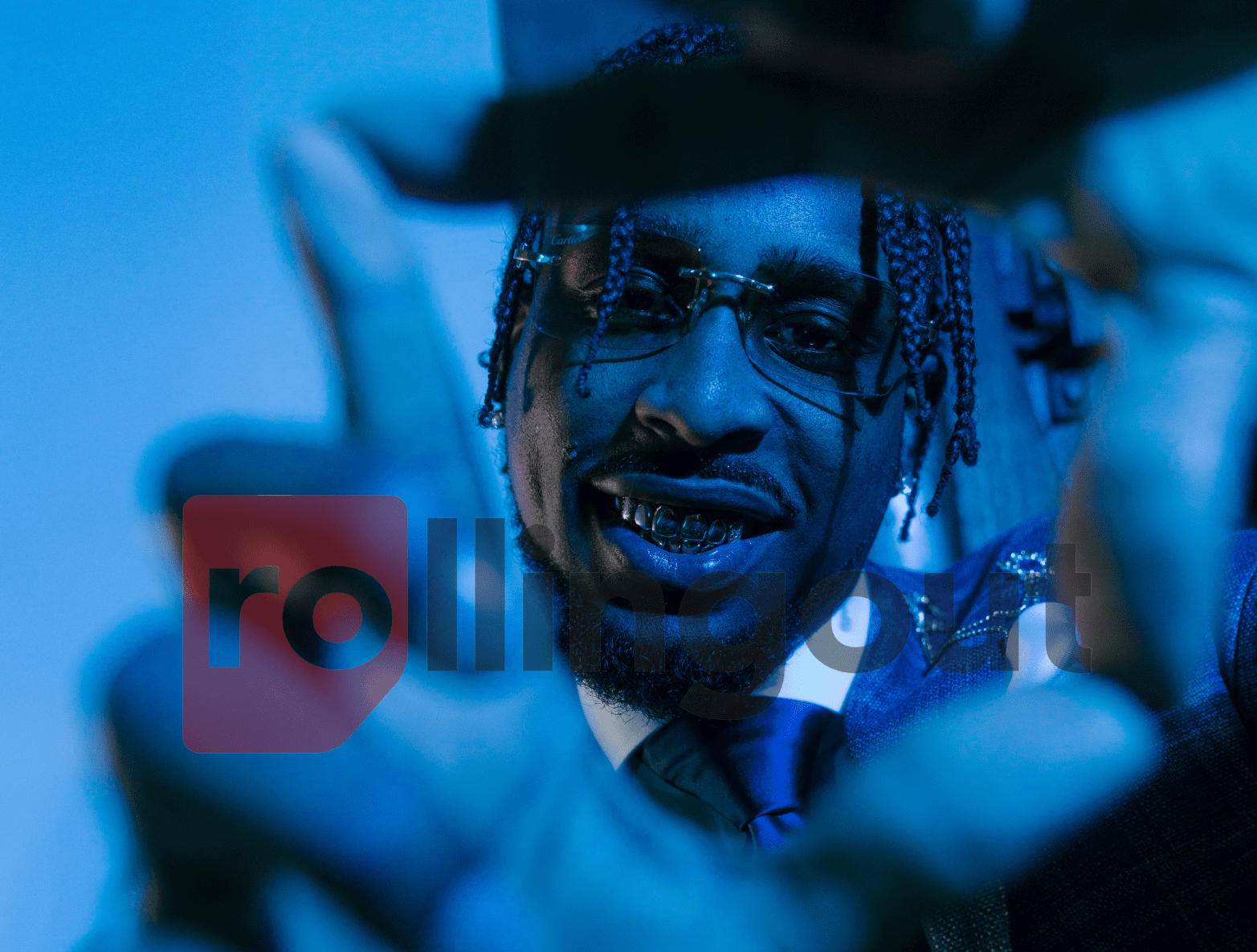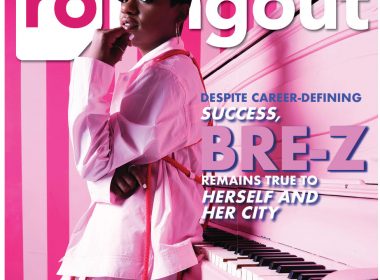Mo’Nique is intimately acquainted with perseverance. Throughout her lengthy career, the Baltimore native has defied all manner of skeptics and critics — becoming a stand-up comedienne, sitcom star, talk-show host, and winning an Oscar for her harrowing performance in 2009’s Precious. But the pinnacle of her career soon gave way to a lengthy hiatus from the spotlight that surprised many of her fans. Earlier this year, Mo’Nique revealed that she believes she’s been “blackballed” by the industry following her Academy Award triumph, and she and Precious director Lee Daniels were drawn into a media firestorm for several weeks, offering opposing views in regard to exactly what happened. Amid all of the drama, Mo’Nique has made her long-awaited return to feature films with the gripping drama, Blackbird. The story of a young teen in Mississippi coming to grips with his sexuality, the film is a very timely look at homophobia and intolerance. For Mo’Nique, it was an opportunity to tell an important story given everything that is happening in American culture in regard to equal rights for the LGBT community.
“The point [is] acceptance and love and people really taking a stand to be what they had no choice in being,” she explains. “So when you see all of these things happening and when [co-star and co-producer] Isaiah Washington called our attorney, Ricky Anderson, and said ‘I really think Mo’Nique would want to get behind this’; by the time we got finished reading page one, we knew that it was something that we needed to and wanted to be involved with, because it’s necessary and it’s time.”
Actress Kerry Washington recently spoke about homophobia at the GLAAD Media Awards, and at one point she specifically addressed homophobia among African Americans. Much has been made about homophobia in Black culture, but Mo’Nique believes that Black people aren’t uniquely homophobic. “There was a time that I really believed it was harder in the Black community because that’s the community that I’m involved with most and that’s what I saw the most,” she says. “But once we began to take this to different festivals around the country, and you began to hear Latin brothers, Italian brothers, Asian brothers, Black brothers, White brothers — and they were all saying the same thing: ‘That’s my story.’ Most were saying ‘I was thrown away by my family’ or ‘the church didn’t accept me.’ So there was a time when I truly believed that our community was harder, but it’s all communities.
“It’s time that we have those open and honest conversations around the dinner table and in our churches — in the barbershops and in the beauty salons. When we have conversations where we walk away saying ‘Let me do the best I can and be the best human being I can be and treat people they way they want to be treated,’ overnight, [the world] just becomes a better place.”
Mo’Nique insists that her support of the LGBT community is just a part of who she is, and she believes that everyone has to make the effort to try and improve their world, regardless of whether or not they are famous or powerful.
“I think you can take ‘celebrity’ out of it and say as a person, I think I’m an advocate for fairness,” explains Mo’Nique. “I’m an advocate for love. I’m an advocate for acceptance. And those things all fall under it. But to be an advocate and say ‘at what point as a human being, do we start treating one another the way that we truly want to be treated?’ I know what it is to be the underdog. I know what it is for people to say ‘We don’t want you to be a part of this.’ As I’m sure all of us have been in that place before. So we appreciate and like getting behind things that may change your perspective or help you think differently or show us how to love each other just a little better.”
That underdog spirit is evident. Mo’Nique has had to endure criticism for her outspokenness over the last few months. Calling out Hollywood isn’t going to win you many friends in high places, and the star has spoken at length about how she felt that she was singled out as a “diva” just for asking questions about salary or promotional responsibilities. But she doesn’t believe that people truly understand the truth.
“How do I feel about the backlash? I don’t. Because I’ve never been afraid of the truth.”
“I don’t know that I would use the word ‘backlash’ because when you say things that are true — what is a backlash?” Mo’Nique states. “It’s just the truth. It’s not a secret, it’s not hidden. It’s the truth. When people say ‘Mo’Nique can be difficult,’ I understand why people can say that. When I was doing this photo shoot, I remember I was in my dressing room and I wasn’t dressed. And the stylist’s assistant, who was a young man, just walked into my room. It was a closed door. Did he knock? No, he just walked in and began to put some things up. But I wasn’t dressed. So I had to ask him to please excuse himself and not walk into my room again — it’s a closed door. Well, he said ‘I didn’t do that. The photographer walked me over and opened the door.’ He goes and gets the photographer — the door is closed, but once again, he doesn’t knock and walks in. I asked him ‘Where do you do that? Especially if you know there’s a woman on the other side?’ I said to him ‘If I were a different person, this photo shoot would go differently, but I’m going to need you to excuse yourself and do this the right way.’ Those types of things [portray] me to be ‘difficult,’ because lots of times people won’t say anything. They’ll just go along with it.”
“So when you say ‘backlash,’ I don’t buy into that,” she said. “There are just things that happen that we don’t want to really take responsibility for and it’s easier to say ‘Oh well, they were being a diva. They were being difficult.’ No one wants to tell the whole story. People can say ‘Mo’Nique is difficult’ just because I’m simply holding you to your word and asking you to be respectful. I understand why people say it, but we don’t always know the truth. How do I feel about the backlash? I don’t. Because I’ve never been afraid of the truth.”
“I applaud any sister in this industry that’s making it happen.”
Mo’Nique’s Oscar win came at a time when Black women were beginning to gain a bit more visibility in mainstream Hollywood; a trend that has continued into 2015, with Black actresses, writers and directors making strides. Even with the challenges she’s faced as a woman of color in such a daunting industry, Mo’Nique is optimistic and supportive of what she’s been seeing.
“I applaud any sister in this industry that’s making it happen,” she shares. “Because we know that you’ve got to really work hard in this industry. Do we have a ways to go? Why of course we do. Have we come some ways? Of course we have. But I applaud all of the sisters who are saying ‘let’s continue to push and make this happen.’ Good or bad or however people are feeling — any time you take a step forward, it’s progression.”
With a new film and a her turn as the legendary Ma Rainey in the highly anticipated HBO Bessie Smith biopic slated for next month, Mo’Nique is in a good place. But her current peace of mind isn’t tied to her filmography. “I have an amazing family. I have a wonderful husband, four beautiful children,” she says, reflectively. “And I’m enjoying this journey called ‘life.’ When I look down the road and I’m a grandmomma, and hopefully, a great grandmomma, I look forward to those moments. I’m enjoying right now watching my three younger babies grow into these amazing little people. They’re going to grow into amazing young men. The business is such a small part of it. Through it all, I’m appreciative. I have an amazing family that I want to be proud of me. Years from now when they’re having their children, I look forward to those moments. I’m enjoying the journey and whatever tomorrow brings.”
[cigallery]










